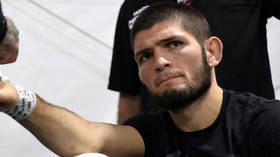'Russian skating coaches are strict, but that’s how you create champs': British-born Tiffani Zagorski on competing for Russia

UK-born figure skater Tiffani Zagorski, who now competes for Russia, has spoken exclusively to RT Sport about representing the country, describing coaches as demanding, shrewd specialists who know what it takes to raise champions.
Tiffani Zagorski was born in London in 1994 to British parents with a proud and rich family tapestry. Her grandfather, Jerzey Dominic Zahorski, was a Moscow-born fighter pilot in the Polish air force. During World War II, he and thousands of his air force colleagues served in Great Britain’s Royal Air Force, helping to secure the Allied victory. When the war was over, he remained in Britain and married an Irish girl.
Tiffani began skating at the age of two, under the guidance of her father, Bohdan Zagorski, who was a figure skating coach.
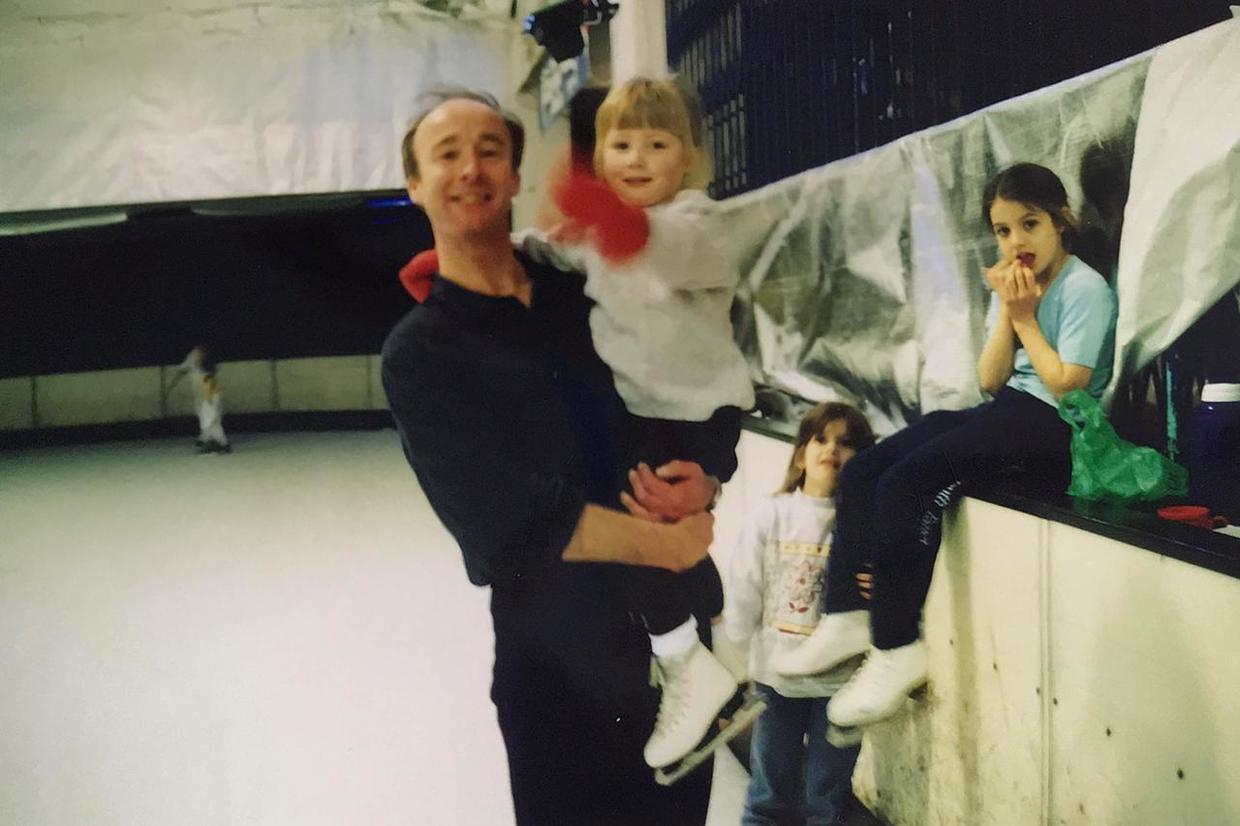
At the age of 13, she moved to Lyon, France, to work under the tutelage of Muriel Boucher-Zazoui and Romain Haguenauer, who guided Marina Anissina and Gwendal Peizerat to Olympic gold in 2002.
Zagorski represented France at junior level and, together with Alexis Miart, finished fourth in the 2011 World Junior Championships. The pair split in 2012, and it took Zagorski more than two years to find a new partner – and, as it turned out, a new country.
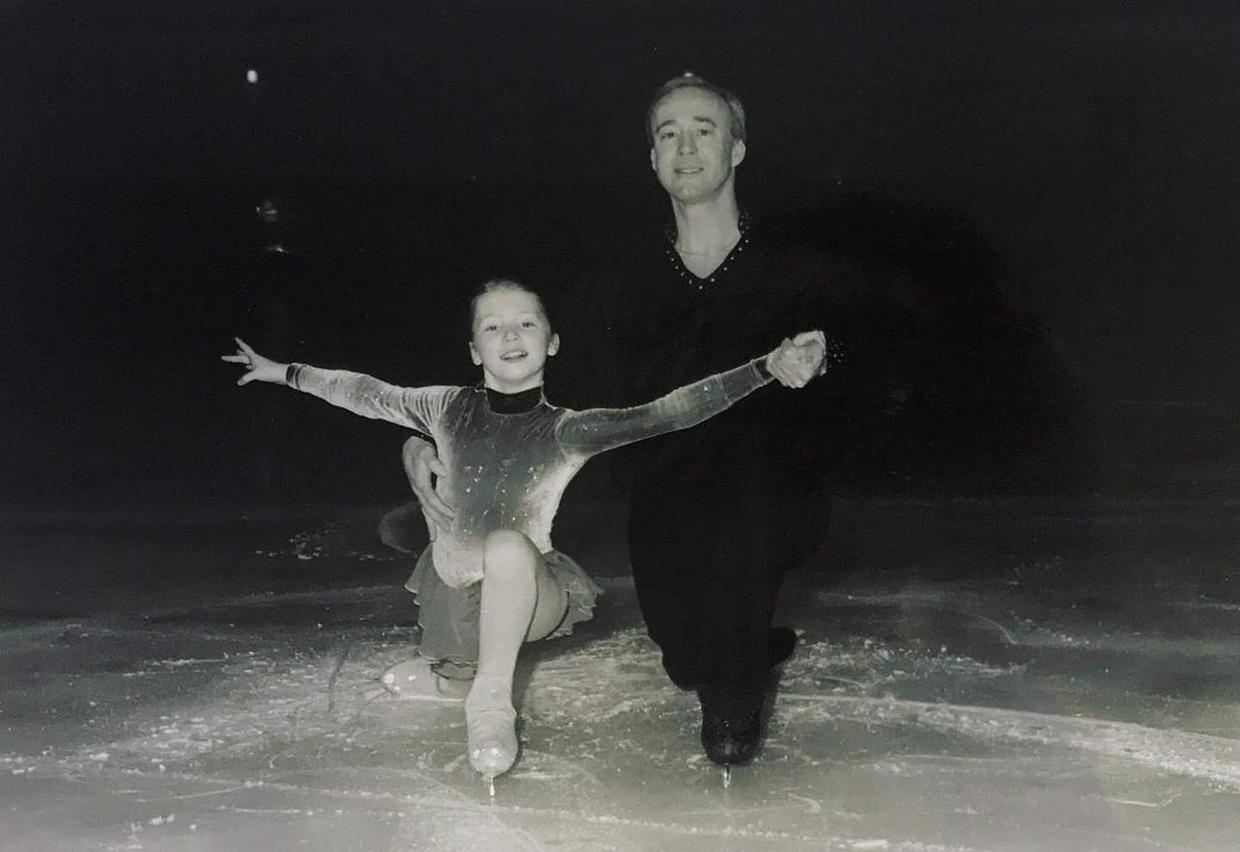
In 2014, she received an offer to skate for Russia, together with Jonathan Guerreiro, the son of Soviet skater Svetlana Lyapina. The newly emerged duo quickly established themselves as talented and technically gifted skaters, finishing fifth at their National Championships debut.
In 2016, Zagorski was officially allowed to represent Russia internationally, after receiving Russian citizenship.
In a wide-ranging interview with RT Sport, the skater talked about her switch of allegiances as well as a host of issues in modern figure skating – from young stars swapping coaches, to the perception held by some that Russia is a harsh breeding ground for a conveyor belt of champions.
“It was kind of a circumstantial situation,” Zagorski said about her initial decision to move to Russia.
“Basically, when I had the offer to skate with Jonathan, of course, at that moment, I was just so thrilled to have found a partner. For me, the choice of country was not the most important part of the decision.”
Zagorski, who also has French citizenship, started to skate with Guerreiro in 2014, becoming one of the top ice dancers in Russia and earning a spot at the 2018 Winter Olympics.
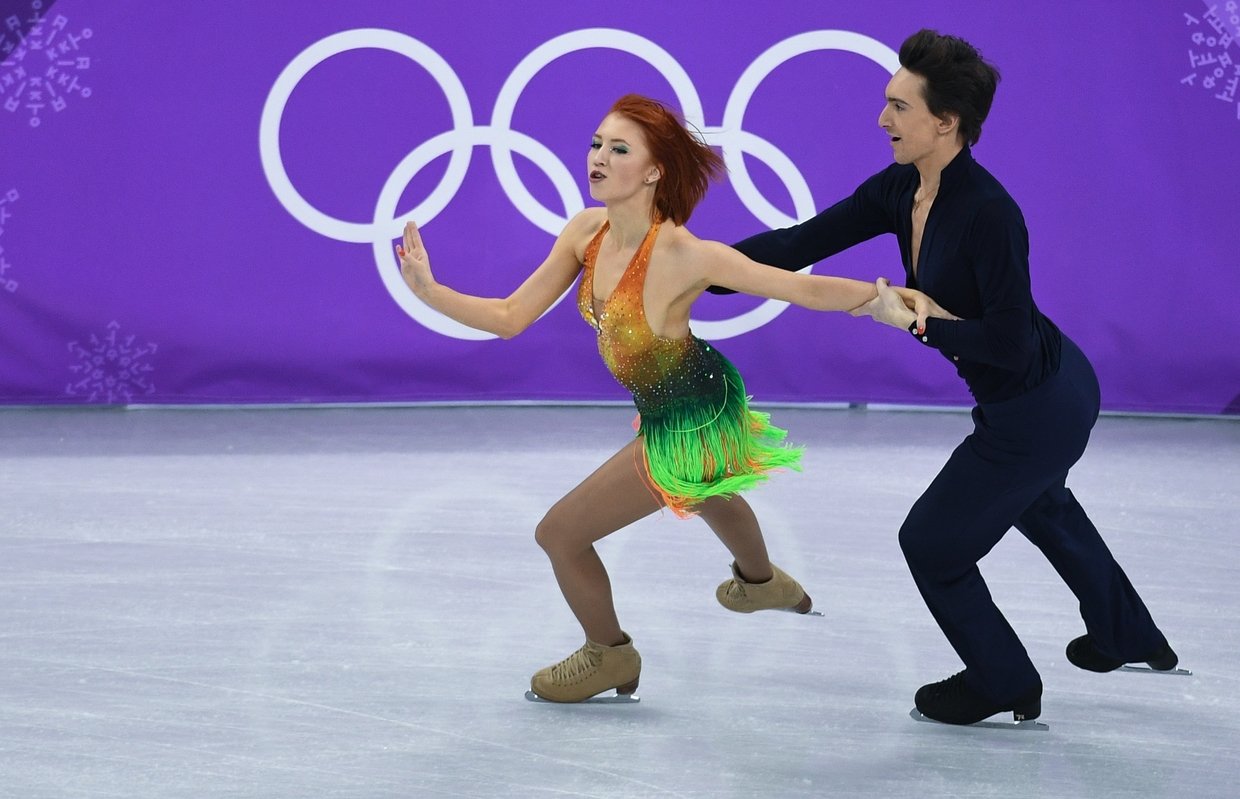
With her Australian-born partner, whose father was Portuguese, the Irish-Polish star formed an eclectic duet that garnered international fame as well as medals at Grand Prix events.
“Combined, we represent about six countries.” “Jonathan explained to me, as he had been representing Russia, and I hadn’t represented France internationally in over two years, the logical decision was probably to represent Russia, as the release process would be much faster. Although little did we know that wasn’t the case...”
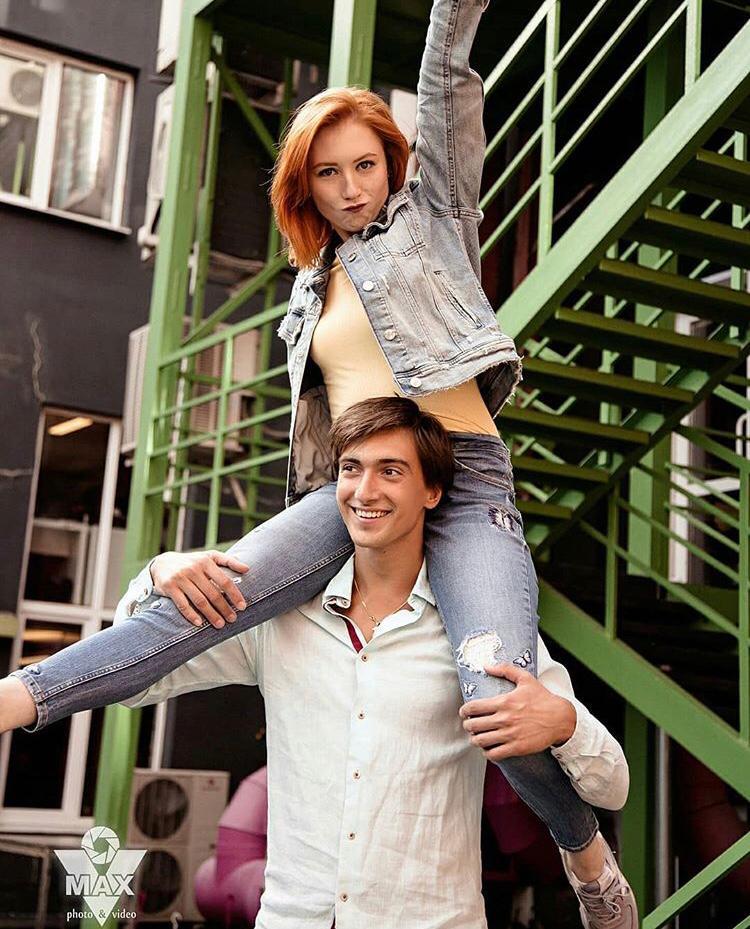
“Also, in Russia, athletes are treated with the utmost respect. Figure skating is considered a very respected job. And also, Russia’s one of the top nations in figure skating, so competition within the country is so high that we would have the best results if we fought [for a place] within the [national team]. We’d push ourselves much further. We’d become a better couple than, for example, if we had the easy way of representing a country where we would be sent straight away to international competitions.”
Last month, Alexandra Trusova’s split with long-time coach Eteri Tutberidze was widely discussed in Russia, with some pundits even calling the skater a “traitor.”
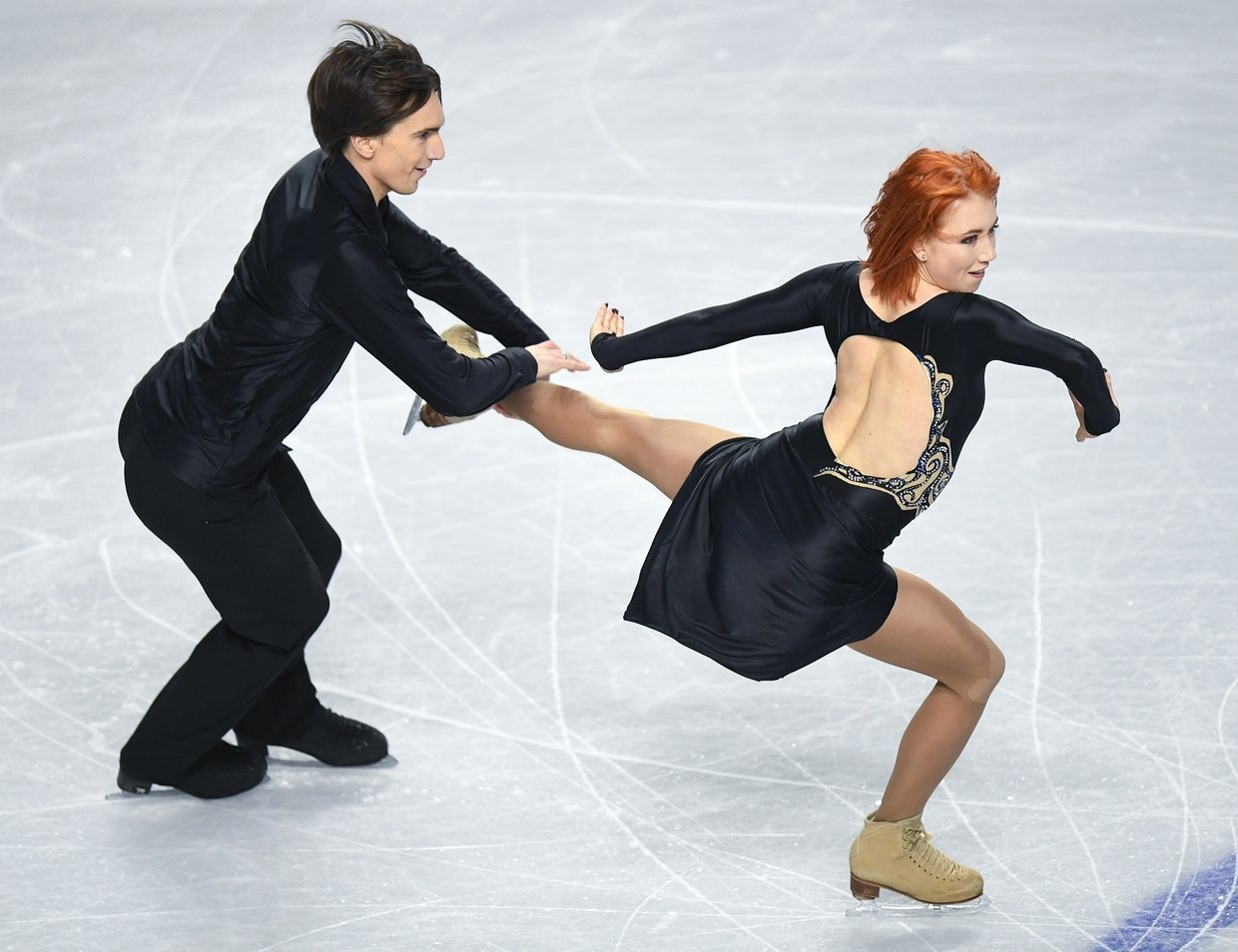
Talking about partnerships with coaches, Zagorski stressed that changing a coach is a “delicate” issue that can be painful for both athlete and training specialist, but stressed that “everyone has a right to move.”
“It’s a very delicate situation, because coaches are basically investing themselves in you. And when you decide they are no longer fulfilling your needs, of course, as an athlete, it’s logical to find another coach who will help you achieve more,” Zagorski said.
“As a coach, when you have an athlete you’re giving your heart, your soul and your everything you have to make this athlete great. They may have just had a bad season or a few upsets. But it’s not just because of the coach – it’s due to many different reasons. But if an athlete actually turns around and says, ‘Well, you’re not good enough for me anymore. Goodbye,’ the coach can feel terribly hurt by this.”
“I think it’s very painful for a coach, in that sense. But to be called a traitor is a bit too much. I think everyone has a right to move, to change and to do what’s best for them as a person, and what's going to help them to evolve and be an even better athlete.”
Speaking about the Russian school of figure skating, which has been dubbed a “factory of champions” by some international pundits, Zagorski said that the country’s coaches do push competitors to work harder, because they know how to create true champions.
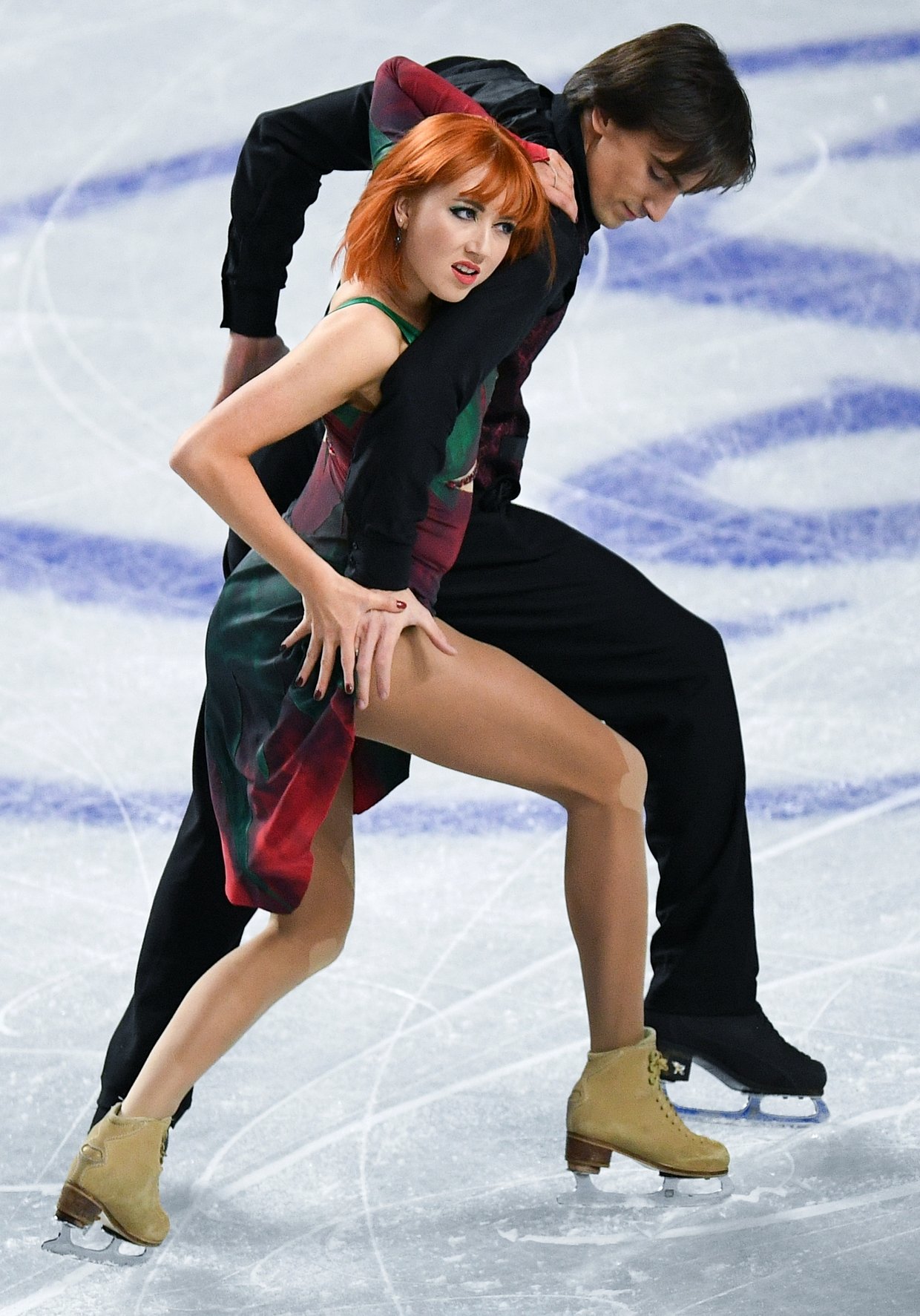
“In Russia, there’s a very strong mentality that the coaches are very much in charge, they have a lot of power. When they think you need to work harder, they’ll push you and make sure you work well.”
“And, in some cases that’s a very good thing, because every athlete may not know their full capacity without the right motivation. Nonetheless, a strict balance is required when it comes to training youngsters, who don’t know their breaking points,” she said.
“On the other hand, you can push yourself too far. And the problem is that with children they can tolerate a lot more. Their bodies are so young – they can recover from injury quicker, they can push themselves further, they can stretch more, and do more exercise without getting tired.”
“The problem they face is that they often don’t know their breaking point. That’s when the coach has to be aware and respect that there have to be certain limits.”



